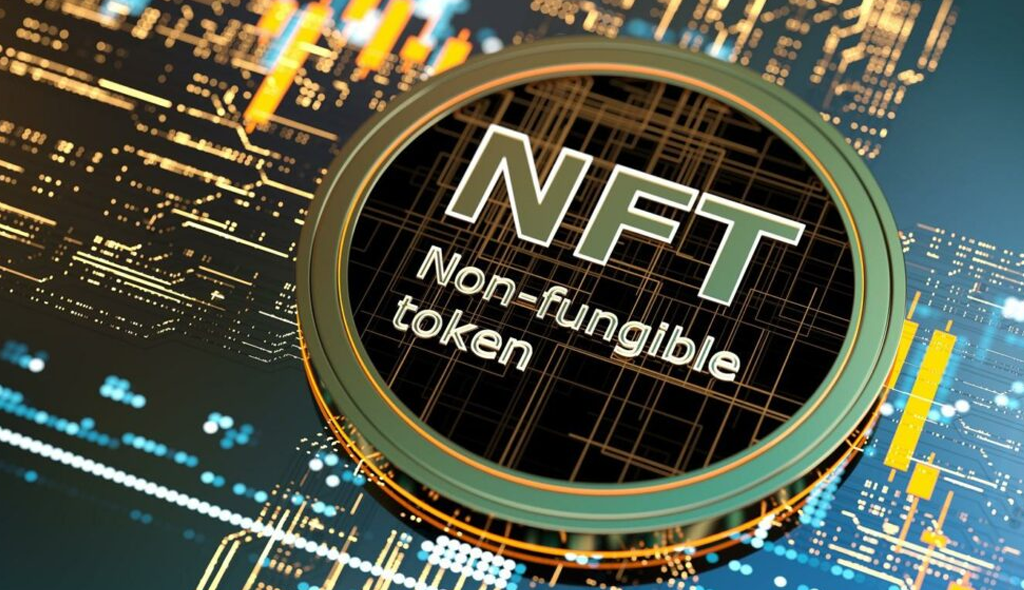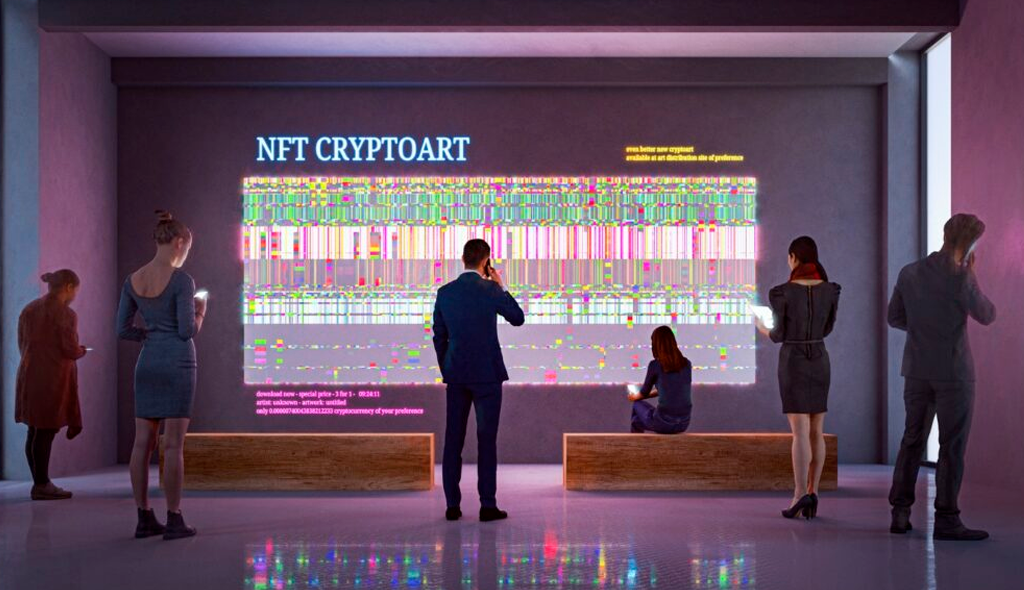
NFTs are currently taking the digital art and collectibles world by storm. Digital artists are seeing their lives transformed thanks to huge sales to a new crypto audience. Celebrities are also joining in as they spot a new opportunity to connect with fans. But digital art is only one way to use NFTs. They can be used to represent ownership of any unique asset, like a deed for an item in the digital or physical realm. We believe that NFTs have numerous applications within the legal sector including evidencing contracts and ownership of property and are excited to be exploring this new area.
What’s an NFT?
NFTs are tokens that we can use to represent ownership of unique items. They let us tokenise things like art, collectibles, even property. They can only have one official owner at a time and they’re secured by the Ethereum blockchain – no one can modify the record of ownership or copy/paste a new NFT into existence.
NFT examples
The NFT world is relatively new. In theory, the scope for NFTs is anything that is unique that needs provable ownership. Here are some examples of NFTs that exist today, to help you get the idea:
• A unique digital artwork.
• A unique sneaker in a limited-run fashion line.
• An in-game item.
• An essay.
• A digital collectible.
• A domain name.
• A ticket that gives you access to an event or a coupon.

How do NFTs work?
NFTs have some special properties:
• Each token minted has a unique identifier.
• They’re not directly interchangeable with other tokens
• Each token has an owner and this information is easily verifiable.
• They live on Ethereum and can be bought and sold on any Ethereum-based NFT market.
In other words, if you own an NFT:
• You can easily prove you own it.
• No one can manipulate it in any way.
• You can sell it, and in some cases, this will earn the original creator resale royalties.
• Or, you can hold it forever, resting comfortably knowing your asset is secured
And if you create an NFT:
• You can easily prove you’re the creator.
• You determine the scarcity.
• You can earn royalties every time it’s sold.
• You can sell it on any NFT market or peer-to-peer.


